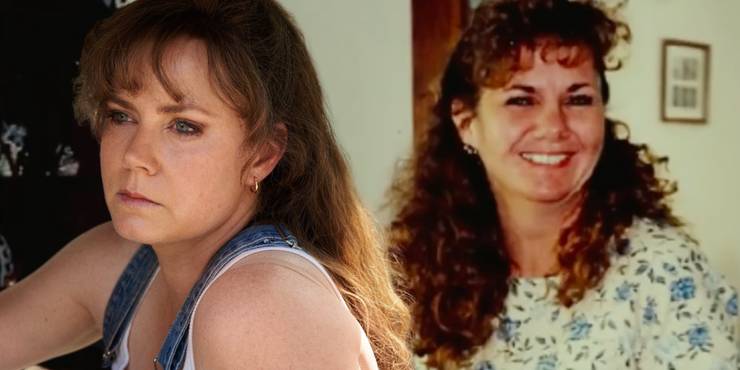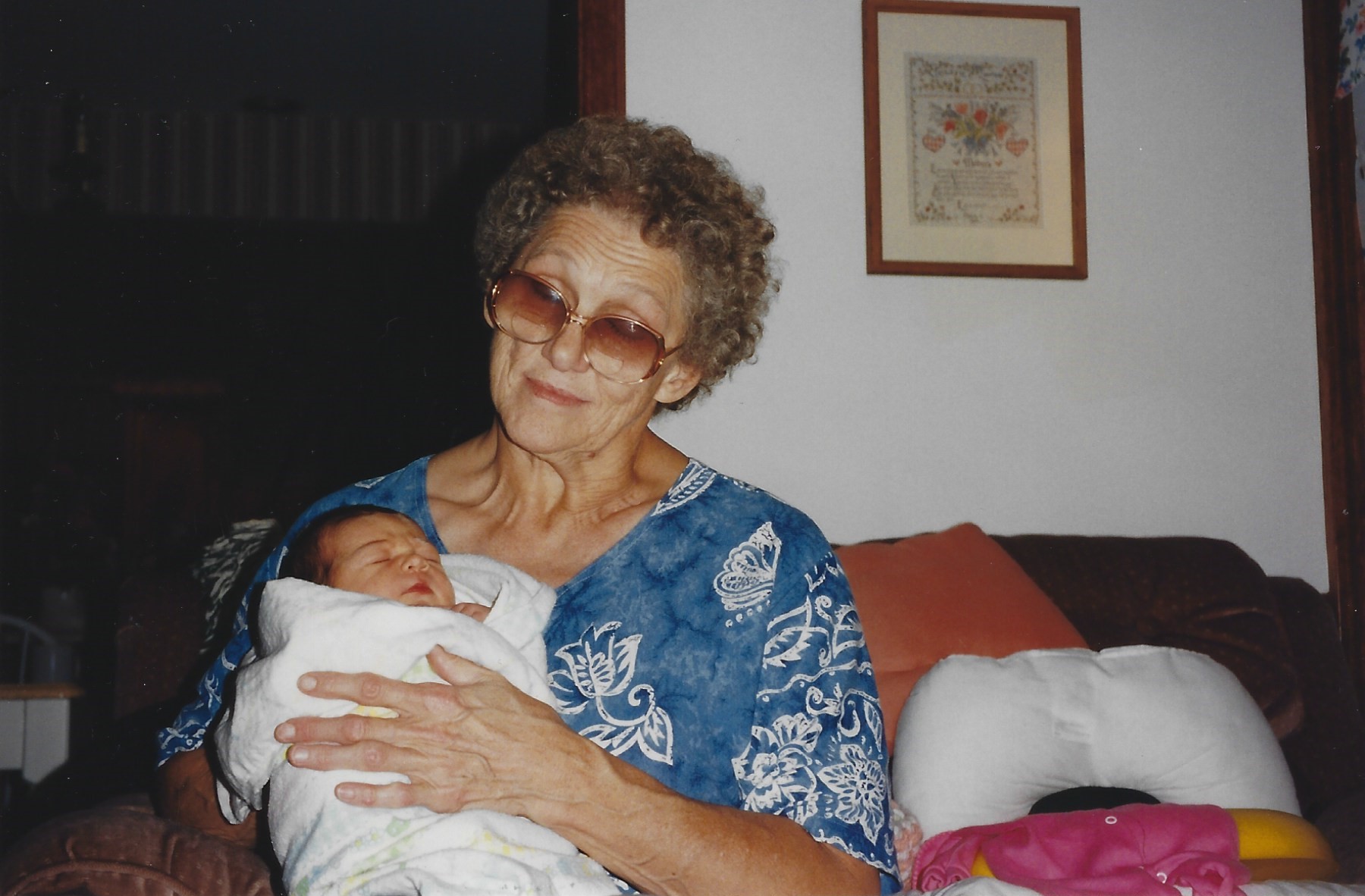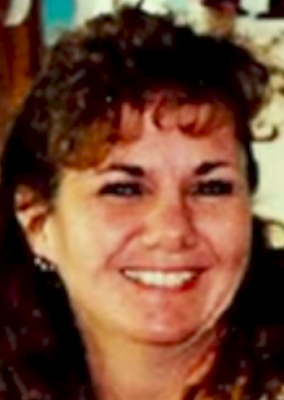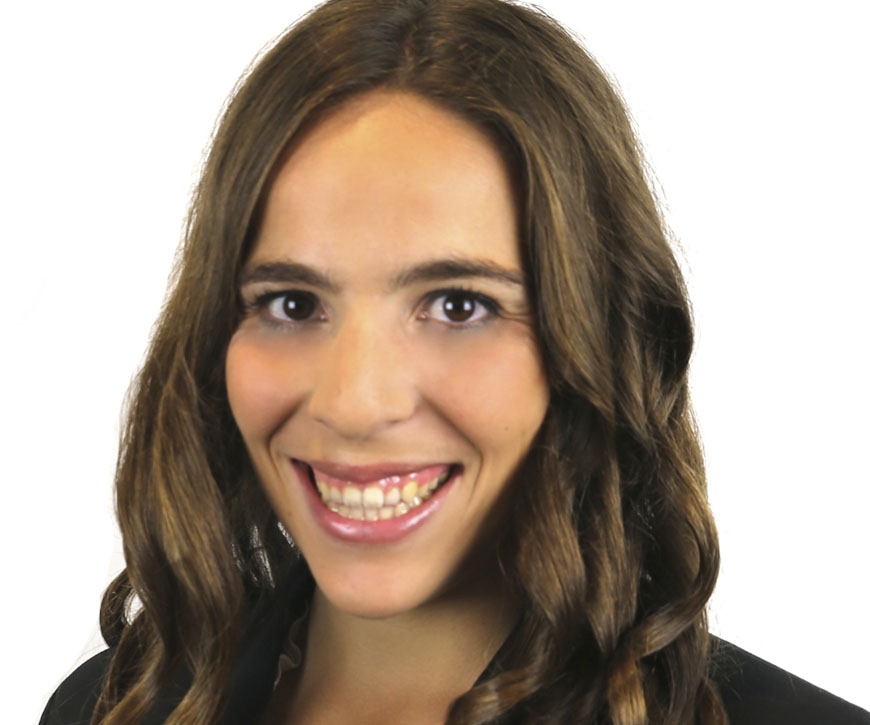. Vance's family goes through another reconfiguration when his mother enters rehab. Are you surprised at how Vance and Lindsay adapt? CHAPTER 8. What are the ways in this chapter in which Vance's home life becomes more tumultuous?. This chapter talks in some detail about education reform to help kids in poor Appalachia communities. Vance is no white supremacist. But you wouldn't know that if you read one of the most jaw-droppingly dishonest opinion contributions published by the Washington Post in, well, a couple of.
Nj going out of business lawfasrers. Hillbilly Elegyhas arrived on Netflix, and it's already rocketed to the number one spot in the service's Top Ten Movies. The film is based on a 2016 memoir by J.D. Vance, which follows the real-life account of Vance's upbringing living in poverty in Appalachia.
The movie picks up when J.D. (Gabriel Basso) is in Yale Law School and receives an unexpected call from his family. His mother Bev (Amy Adams with an incredible accent), a heroin addict who's been in and out of rehab over the years, is in dire straits, so he leaves his new life to go see her. He runs into other family members during his visit, including his grandmother Mamaw (Glenn Close), who once tried to escape a cycle of violence to no avail.
The film packs a host of powerhouse performances. While Adams and Close steal the show, there's something to be said for the humble, protective personality present in Lindsay Vance, as played by Haley Bennett. Hillbilly Elegy is far from her only prominent role, as she's been turning in stellar performances for over a decade now.
Haley Bennett got her start as the teenage neighbor in Marley & Me
If you love sad movies about dogs, then chances are you've seen Marley & Me on at least one occasion. The movie stars Owen Wilson and Jennifer Aniston as John and Jenny, a married couple who have just relocated to Florida and are considering starting a family. To see if they can handle the responsibility, they adopt a yellow Labrador retriever puppy named Marley. While the dog is incorrigible, John and Jenny soon come to love his reckless ways and how he always manages to lead them on new, exciting adventures. We won't ruin the ending here, but it's safe to say you should have plenty of tissues handy.
While Haley Bennett had starred in a few other movies previously, Marley & Me provided her biggest role to date: 17-year-old Lisa, the couple's next-door neighbor. She doesn't have much of a relationship with John and Jenny at first, until one night when she's attacked in her driveway. Her piercing screams alert John of what happened, and he comforts her as they await an ambulance.
She went on to more adult roles in films like The Equalizer


Scorpiolk tango key programmer reviewauto diagnostic tool. Bennett went on to star in some under-the-radar projects like Deep Powder and After the Fall, but soon made a resurgence into more adult roles starting with 2014's The Equalizer. Based on the 1980s TV series of the same name, the action film sees Denzel Washington as Robert McCall, a former Marine and DIA operative who left a life of violence behind for the wife he's since lost. One day in a diner, he happens upon a teenage sex worker by the name of Alina (Chloë Grace Moretz), who works for the Russian mafia.
After Alina suffers serious injuries from her employer, Robert speaks with another sex worker, Mandy, played by Haley Bennett. After Robert takes out some members of the mafia, high-ranking mobster Teddy (Marton Csokas) questions Mandy about anyone who might have spoken to Alina since she's been in the hospital. It's at this point Mandy gives him the information he needs, and he promptly kills her to cover his tracks.
Haley Bennett proved she's proficient with weaponry in The Magnificent Seven
Other more adult-oriented roles would follow for Haley Bennett, including prominent parts in Hardcore Henry and The Girl on the Train, but it wasn't long until she teamed up again with Denzel Washington for 2016's The Magnificent Seven. She plays Emma Cullen, a widow who hires Sam Chisholm (Washington) to help liberate her town from evil industrialist, Bartholomew Bogue (Peter Sarsgaard). Once the Seven are assembled, they work with Emma and the rest of the townspeople to fortify their homes in anticipation of the bloody battle that ensues.
2020 has been a particularly good year for Bennett, who's appeared in not one, but two Netflix original movies. You could've seen her earlier this year in The Devil All the Time alongside Tom Holland and Robert Pattinson. Now the talented actress is making waves in Hillbilly Elegy, currently available for streaming.
When J.D. Vance was a first year law student at Yale, his professor, Amy Chua, encouraged him to write a book about his life in rural Ohio. Six years later, in August of 2016, his book, Hillbilly Elegy, became a #1 New York Times bestseller. And since the election, Vance’s book has become one of the most talked-about books in America, as much of the country searches for a window into the lives of poor and rural white Americans who were especially vocal in their support for Donald Trump.
When Chua and Vance met, Chua was in the process of publishing Battle Hymn of the Tiger Mother, about the strict parenting tactics she used to raise her daughters. Watching Chua share her family’s story with a national audience, Vance started to believe that he could do the same thing.
For The Atlantic’s series on mentorship, “On the Shoulders of Giants,” I spoke with the duo about their relationship, writing about their lives, and dealing with controversy. The following interview has been edited for length and clarity.
Caroline Kitchener: In the acknowledgments of Hillbilly Elegy, you write that Amy Chua convinced you that your life and the conclusions that you drew from it were worth putting down on paper. How did she convince you of that?
More in this series
How Mentorship Can Be Life-Changing for People Living With HIV
B.R.J. O'DonnellAn Artist Whose Mentors Are Scientists
Elisha BrownThe Odyssey’s Millennia-Old Model of Mentorship
B.R.J. O'Donnell
J.D. Vance: Amy just took an interest in me, and what personal experiences had made me who I was. The discussions about my background turned into “you should write a book” because Amy’s book, Battle Hymn of the Tiger Mother, came out at the end of my first year of law school. That created a natural conversation about whether I should be writing a book, too.
Kitchener: How did you feel about that?
Vance: I remember being pretty resistant to it. I thought the idea that I could write a meaningful book was kind of arrogant and presumptuous. But then I started writing little things here and there, and sending them to Amy. She would respond to them, usually positively—even though she probably thought it was all crap!
Amy Chua: The first couple of things that J.D. sent me, he sent with so many caveats. He’d say, “Please don’t show this to anybody,” or “I’m embarrassed to even be writing this.” He was completely resistant. When I read the first couple of passages he sent, I thought, “Oh my God—not only does this guy have a story, but he writes with such honesty. Everybody needs to read this.”
Vance: Eventually Amy introduced me to the person who became my literary agent—and it was off to the races from there. If somebody who has had success in the publishing world tells you enough times that you should write a book, you start to believe that it’s possible.
Kitchener: Did you identify with J.D.’s story at all?
Chua: Well, obviously there are clear differences. I’m not from Appalachia and I’m the daughter of two immigrants who have graduate degrees. So in one sense we have nothing in common. But my parents came over here with zero money. We would get to go out to a restaurant maybe once a year. J.D. and I both remember all-you-can-eat buffets. There were a lot of parallels in our lives that made it very easy for me to see where he was coming from.
Kitchener: How did you feel when Hillbilly Elegy took off?
Chua: Oh my god, I was so proud of him. But honestly, I always felt it deserved to be a bestseller. I’ve always been a huge cheerleader. In fact, I wrote a blurb for Hillbilly Elegy that was much more over the top than the one that made it on the back cover. J.D.’s editor made me tone it down! I wrote something like, “This is the best book I’ve ever read in my life.”
Kitchener: Both Battle Hymn and Hillbilly Elegy have received a ton of national attention, and both have been somewhat controversial. Did Amy give you any advice on how to deal with the press?
Vance: When I saw Amy responding to the firestorm created by her book, I just assumed that she just went about her day thinking, “Well, who cares what these people think.” It was really nice to hear that she was as bothered by criticism as I was.
Chua: That’s how it goes. Ninety-nine good things could happen, and all you can focus on is that one teeny-tiny piece of criticism.

Vance: The very first one-star Amazon review I got. I didn’t even know about it, but my aunt came up to me at the launch party that Amy threw for me, and said, “J.D., you have a one-star review. And it’s because you said nice things about Amy Chua.”
Chua: I was so upset! I was like, oh my god—I’m harming him. What we didn’t know then was that there would be 4,000 five-star reviews to come.
Best free ip changer. Kitchener: In Hillbilly Elegy, you talk about the advice that Amy gave you in law school as you were applying to clerkships. Can you tell us a little bit about that?
Vance: There is this herd mentality when you’re a second-year law student that tells you to go for the biggest and most prestigious law clerkship you can get—the thing that’s going to give you the best chance of clerking for the Supreme Court. I was definitely caught up in that a little bit, even though I realized that clerking for the Supreme Court—as cool as it would be—wouldn’t really help my career goals. I already knew that I didn’t want to be a lawyer anymore. Amy gave me a really, really good piece of advice. She said, “You need to do something that is going to actually serve your career goals.” She also told me to focus on my relationship with this girl that I was really into. And now, five years later, that girl is 39-and-a-half weeks pregnant with our first child. Amy gave me the permission to chart my own path, both professionally and personally. It’s the best single piece of advice I’ve ever gotten.
Chua: I always thought J.D. was destined for great things, and that going the conventional route would actually slow him down.

Kitchener: Do either of you have any advice for students who are hoping to develop mentorship relationships with professors?
Vance: Don’t make it transactional. Don’t go into a relationship with a potential mentor thinking about what you can get out of it. Just get to know the person. I was initially drawn to Amy in the first place because we came from a similar place, and we had a similar way of looking at the world. Then a natural relationship grew out of that. I trusted her, so when she gave me advice, I actually took it.
Chua: There is this whole mentorship rage now. And I think a lot of professors are feeling like mentorship has gone off track. I’ll have students who will come in and say, “I don’t know what’s wrong, I’ve been here three months and I still don’t have a mentor.” I’ve said, “There is not a constitutional right to a mentor. You have to earn it like anything else in life.” I do love helping students. But those relationships need to be organic. As soon as it starts to feel transactional or entitled, it doesn’t work.
Lindsay Vance Jd Vance
Kitchener: Often mentorship seems to go one way, and it’s clear how you’ve given J.D. guidance. Do you feel like J.D. has been a mentor to you?
Chua: Oh my gosh, absolutely. It’s exactly equal. I have learned so much from J.D. He offers me this window into a world I know nothing about. He has affected my own policy thoughts about what we should do in this country. It’s a two-way street.
Kitchener: Do you agree that it’s a two-way street, J.D.?

J D Vance Lindsay
Vance: When it comes to my relationship with Amy, I am always afraid that I am taking too much. It means a lot to hear her say that I’m not. Amy has always been very helpful, always willing to make introductions. When the book first came out, she probably emailed every single television producer and personality in the United States of America. On the one hand, I really appreciated it. But on the other hand, I’m just not used to people of Amy’s stature being so nice.
Chua: I never knew you felt that way, J.D.
Vance: I did—especially when the book first came out, before things really took off. I felt like you were emailing me three or four times a day, telling me the things you were doing to help make the book a success. That meant a lot to me, but also I felt a little guilty—like, maybe I need to tell Amy that she can go back to her normal life!
Chua: It’s true, I emailed everybody. They were these creepy emails to people like Tom Brokaw, with lots of smiley faces and exclamation points.
